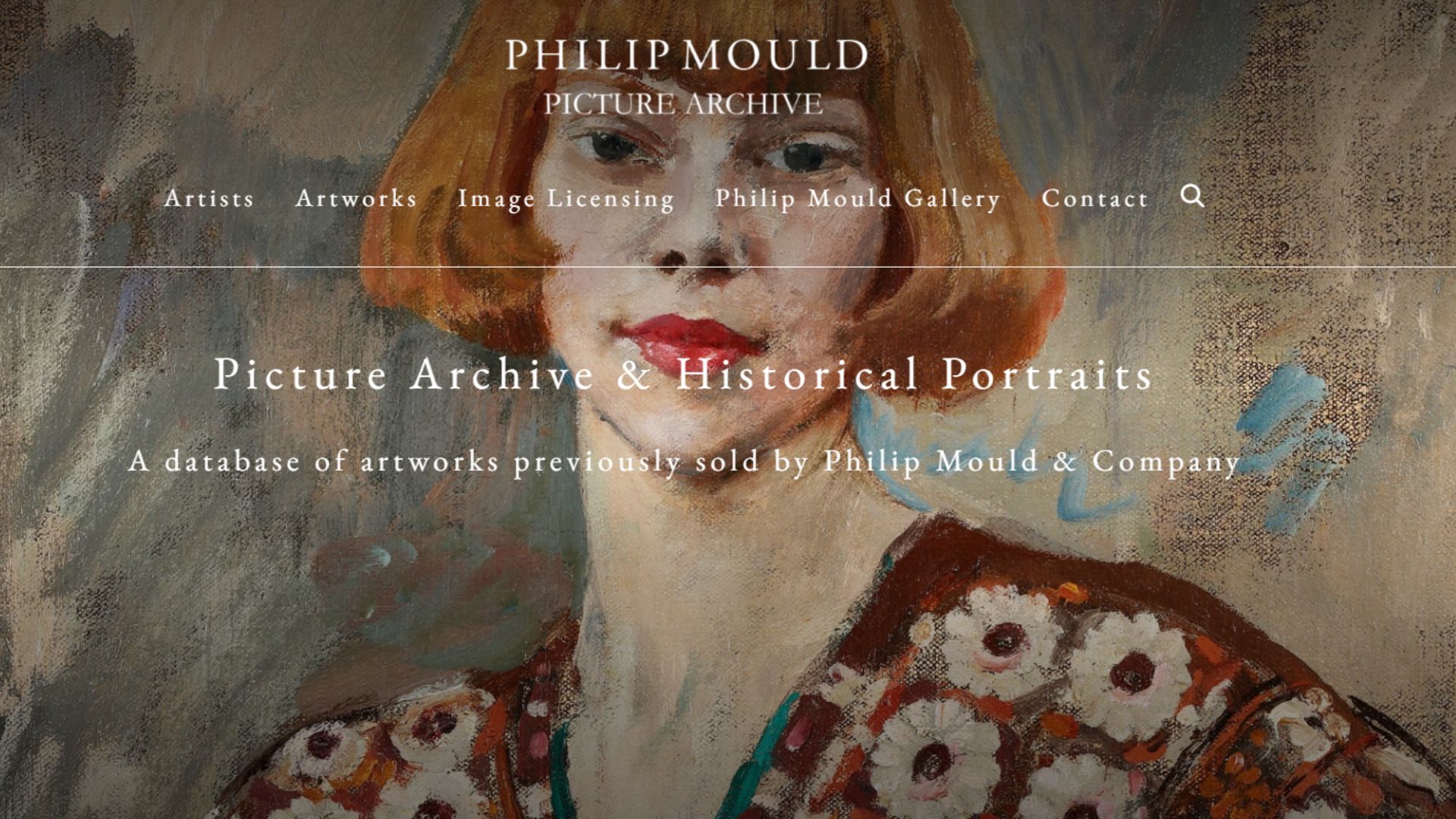The Library is the host venue for this year’s Rossica Translation Prize 2014, an annual award which promotes the best of Russian literary culture in the English-speaking world, rewarding and encouraging the translation of a broad range of authors, genres and periods. The judges have chosen from a shortlist of Russian literary writing, past and present, with a prize of £3000 awarded to the winning translation. The Rossica Young Translators Award winner will also be announced at the Library, a prize set up to encourage the next generation of aspiring translators. Claudia Ricci, London Library Russian Specialist, has written a blog on the fascinating story behind one of the Library’s most valuable Russian volumes from the early 20th century, one of over 13,000 held in the Library’s Hans and Marit Rausing Russian Collections.
Among the many little gems that lie undiscovered in The London Library collections there is one that holds a special secret unlikely to be unravelled. We can only attempt to shed some light on it and in thus doing we hope to bring back to life a forgotten page of Russian history.
I am referring to The London Library’s own copy of the original manuscript of one of Sergei Esenin’s most famous works, the poem “Pugachov”, a short drama in verse, which we own partly in manuscript (Images 1-5) and partly in typescript (Images 6-8), bound in one little unassuming volume. Another version of this manuscript is held by the Russian State Archive of Literature and Art, but our version must be the latest, as it contains few corrections and matches word for word the final version as it was published in 1921-1922. Our manuscript bears the dates “March-August 1921” and several reliable sources, including the diary entries of the author’s dearest friend Anatoly Mariengof, confirm that Esenin had been reading extracts from his draft during those months. According to another friend, the poet Taras Machtet, on Aug. 30th Esenin announced that he had finished working on “Pugachov” and from Aug. 31st he started preparing the manuscript for publication .
Sergei Esenin (surname often spelt “Yesenin”) was a Russian lyrical poet born in the rural village of Konstantinovo (Ryazan province) in 1895 to a peasant family. After receiving a typical Russian Orthodox education, as was still customary in the Russian provinces at the time, and trying his hand at several jobs, including those of proof-reader and butcher’s assistant, he moved to Petrograd in 1915, where he met Alexander Blok, Nikolay Klyuev and Andrey Bely, and with their help he entered the literary circles of the capital. The following year he published his first collection of poems, Radunitsa (All Soul’s Day), which gave him great popularity, and started his collaboration with fellow poet Anatoly Mariengof. Together in 1918 they proceeded to move to civil war-torn Moscow, where they founded Imaginism, the literary movement, which had its own publishing house and whose exponents held poetry readings in the bohemian café-tavern Stoilo Pegasa.
Between December 1921 and January 1922, the drama in verse “Pugachov” was published by two separate independent publishers in Moscow, Imazhinisty, the movement’s own publishing house, and El’zevir (the date on the title page is given as 1922 in both), and by the end of the year he had given away signed copies of his work to family and friends. Esenin also signed a deal with the state publishing house Gosizdat in February 1922, but that edition never saw the light of day. His biographer Alla Marchenko points out that there were also plans to stage it in a Moscow theatre and Esenin had given the script to the theatrical producer and director Vsevolod Meyerkhold, but having read it, Meyerkhold stated that it was totally unsuitable for the stage, as it had “no action, no gestures, no setting to speak of”. It was at this time that Esenin’s second wife, Zinaida Reikh, became romantically involved with the theatre director. In the autumn of 1921, just as Zinaida was about to leave him for Meyerkhold, Esenin met the American dancer Isadora Duncan. She was 18 years his senior, spoke no Russian and at the time was living in Moscow on Prechistenka Street, where she was starting her new school of dance following an invitation from the Soviet authorities, for whom she had great admiration. The couple fell in love and were married on May 2nd1922. As soon as Sergei managed to receive his emigration papers, they left Russia for a long honeymoon, which would take them on a grand tour of Europe with stops in the major cities where Isadora was scheduled to give ballet performances. In Berlin, Esenin negotiated deals with various publishers for the publication of his poetic works. The rights of Pugachov were acquired by Russkoe Universal’noe Izdatel’stvo in mid-May, and their edition appeared in July of that year (The London Library has a copy of this edition bought shortly after its publication). This leads us to believe that our manuscript must have travelled with Sergei and Isadora to the German capital, but probably no further than that. The newly-wed couple moved on to Paris later and eventually arrived in the United States in October 1922. The manuscript was most likely left behind, perhaps forgotten by our poet, who was infatuated with his world-wide famous American wife and with the prospect of reaching the American shores.
The dramatic work Pugachov takes its name from the Russian peasant rebel Emelyan Pugachev, who led a Cossack insurrection in 1773-1774 during the reign of Catherine the Great and was later put to death in Moscow in 1775. Esenin focuses on the last weeks of the rebellion and Pugachev’s arrival in Yaitsk, where his supporters betrayed him to the Russian authorities. The work, which consists of a series of lyrical monologues, was criticised for lacking in scenic action and failing to be faithful to the historical events, but was praised for being “Intensely lyrical and rich in language” .
After the highlight of the European tour Sergei Esenin’s life took a turn for the worse, divorce awaited him and Isadora at their arrival in the States, followed by his return to the Soviet Union in August 1923 and increasingly frequent bouts of drinking. During his last years, Esenin went on to publish more poetry, to break up with Imaginism and Mariengof, to father a son with the poet Nadezhda Volpin (he already had three from previous relationships) and to marry one of Leo Tolstoy’s granddaughters, Sofiya Andreevna Tolstaya. He was found dead in his room at the Angleterre Hotel in Moscow in December 1925, presumably having taken his own life.
Meanwhile his manuscript of Pugachov must have remained in Germany, probably passing through various hands until, in 1934, it found its way into Charles Hagberg Wright’s hands. He was the Librarian of the London Library at the time, a polymath with a keen interest in Russian as well as German books. In the aftermath of the October Revolution and the Russian Civil War the established links with the Russian book trade were no doubt severed and Hagberg Wright would have had difficulties in travelling to Soviet Russia as he had done until 1917, so he resorted to buying most of his Russian titles from the émigré bookshops in Berlin and Paris. In the 1920s-1930s Esenin would have been practically unknown to the general public outside of Russia, but Hagberg Wright was a connoisseur of Russian Literature and the Library already possessed various editions of Esenin’s works at the time, including a four volume set of his Collected poems (1926-1927). Besides, Esenin had published some of his early work in journals associated with the Socialist Revolutionary Party (Es-Ery), an organisation that our then Librarian had been following quite closely judging by our collection of pamphlets acquired before 1917. We have no records of how much he paid for this now precious manuscript, or who he bought it from, but we assume that it must have been a purchase, because the library records all donations and gifts of books and this volume is not mentioned among them. The manuscript and the typescript were bound together in a red cover and the accession stamp on it is dated 22 Aug. 1934.
Since becoming aware of this gem, we have contacted various experts at the Moscow Literary Museum and the Russian Academy of Sciences, who have confirmed the authenticity of the manuscript from photographs posted to them. They have also been able to decypher an inscription on the verso of the last page, which records the name of Esenin’s native village (Konstantinovo), but also an address, which is likely to be in Moscow: Myasnitskaya 53-3. We appeal to anyone who can give us any clues or possible explanations as to who was living at that address at the time (summer 1921) or why Esenin may have needed to write it down in his own hand on the back of his manuscript.
Finally, one last appeal. We are aware that his youngest son, the poet and mathematician Alexander Esenin-Volpin, is alive somewhere in the United States. It would be a great honour if we could at least inform him of the existence of this manuscript, which is preserved for posterity in our library.
[1] Letopis’ zhizni tvorchestva S.A. Esenina . Edited by M.V. Skorokhovod and S.I. Subbotin 5 v. (Moscow: IMLI RA, 2003-2010)
[2] Marchenko, Alla. Put’ i besput’e (Moscow: Astrel’, 2012)
[3] McVay, Gordon. Esenin : a life (London: Hodder and Stoughton, 1976)

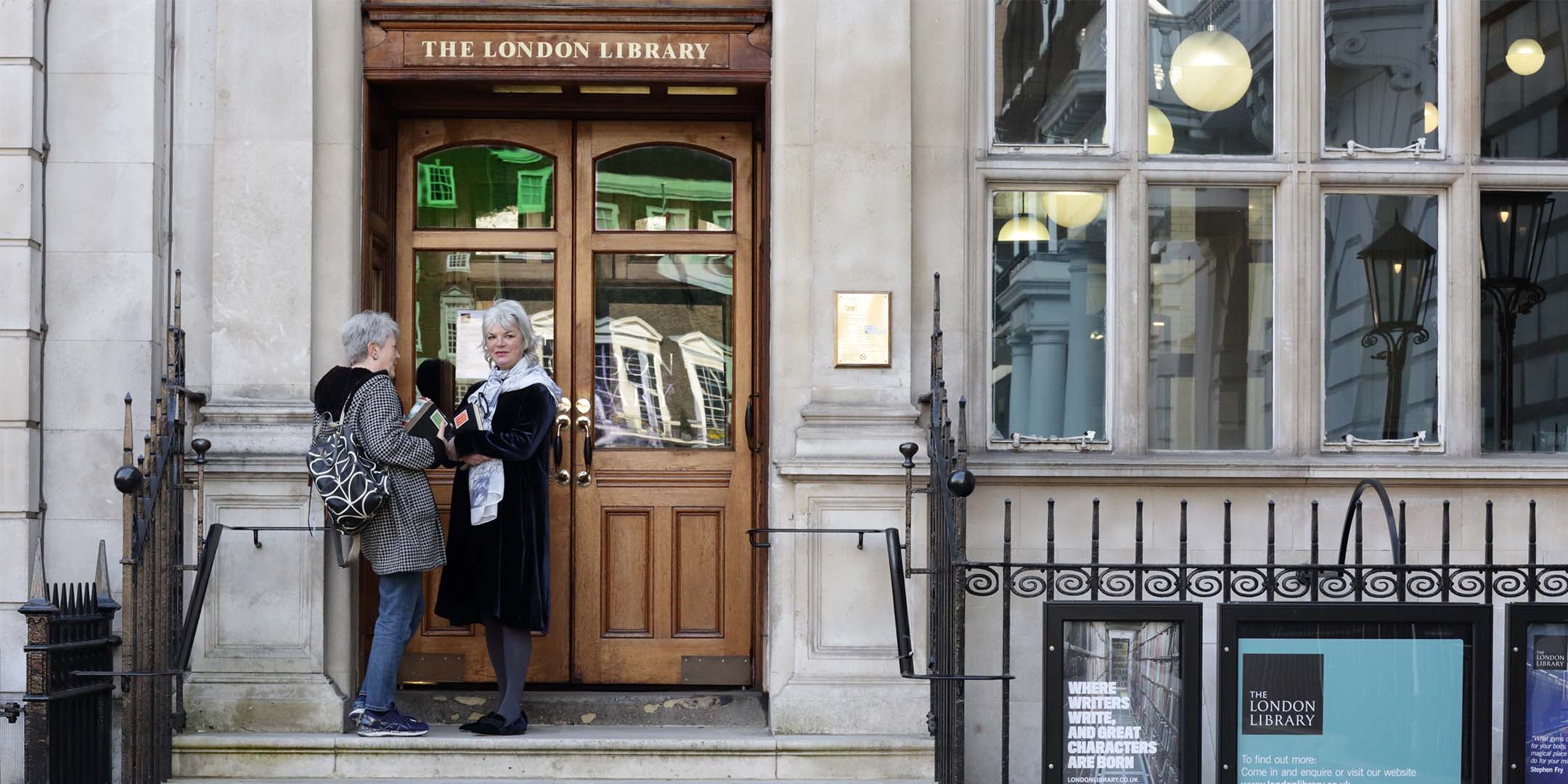
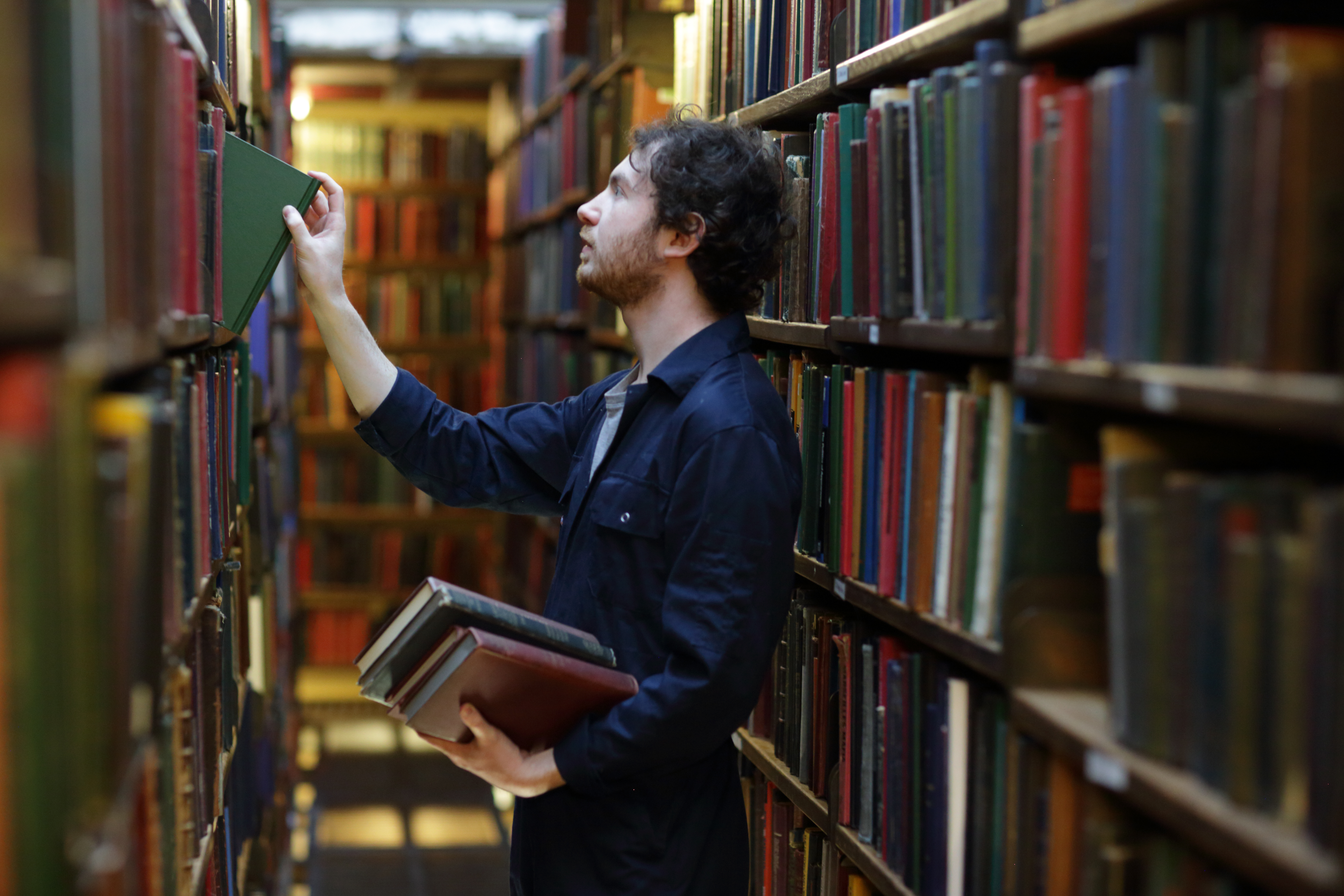
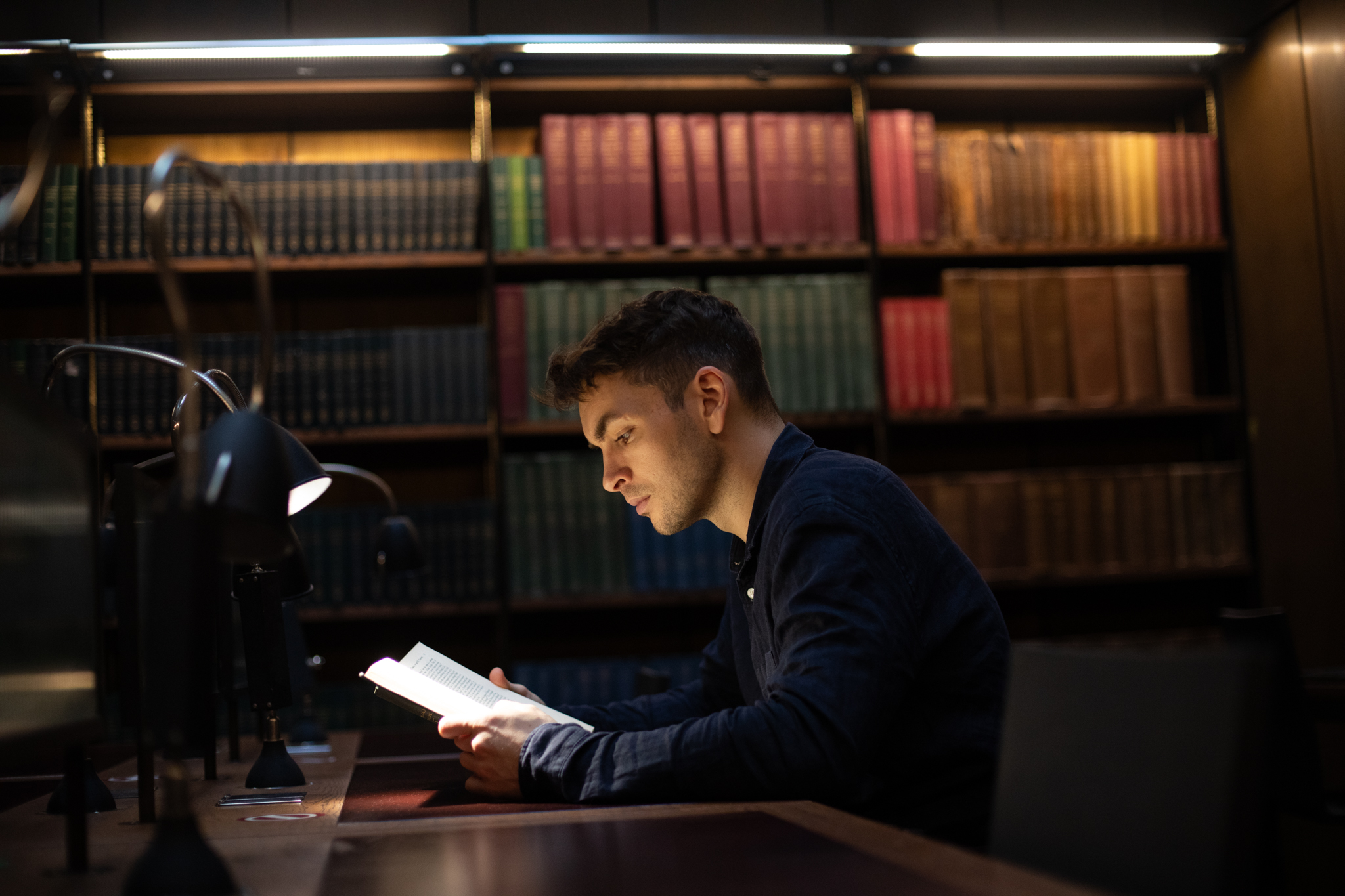
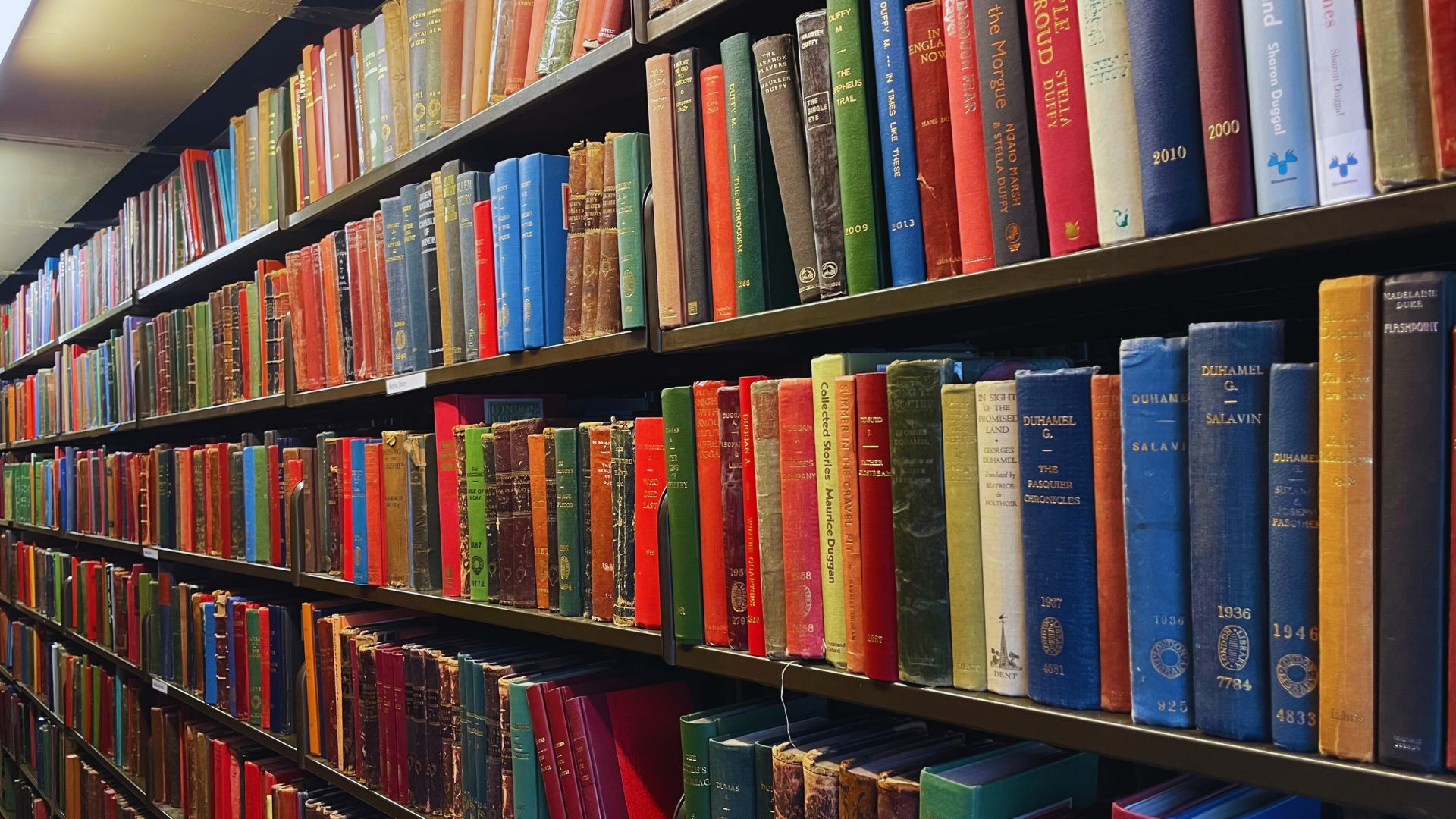
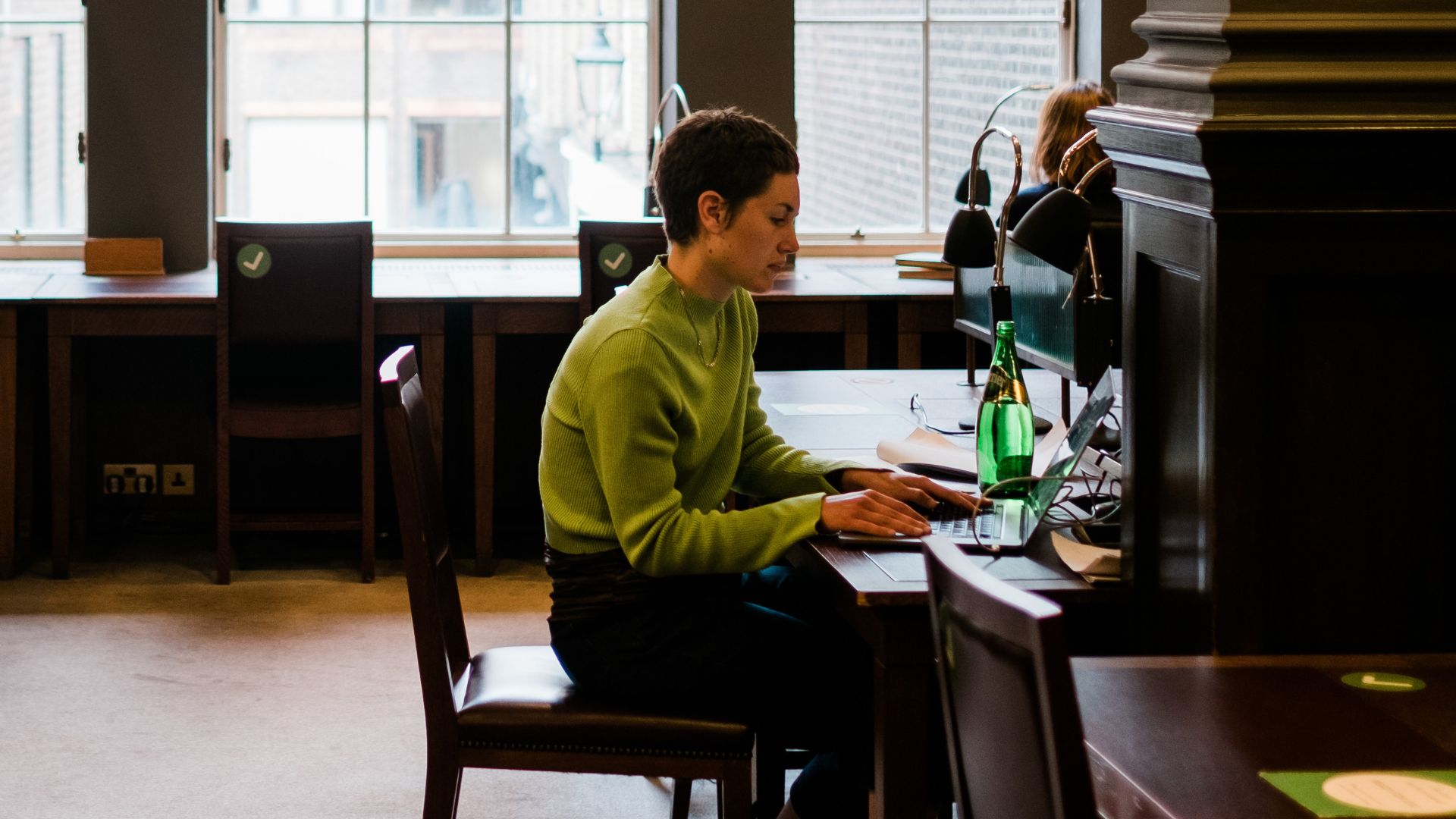

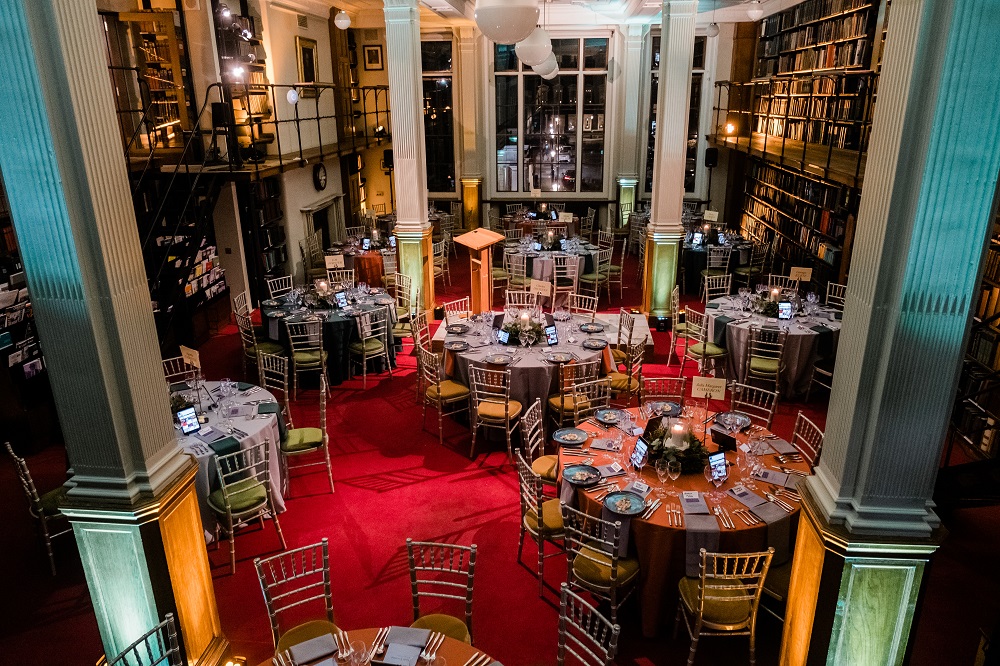



































































































![Sassoon[1]](http://blog.londonlibrary.co.uk/wp-content/uploads/2013/12/Sassoon1-300x269.jpg)













